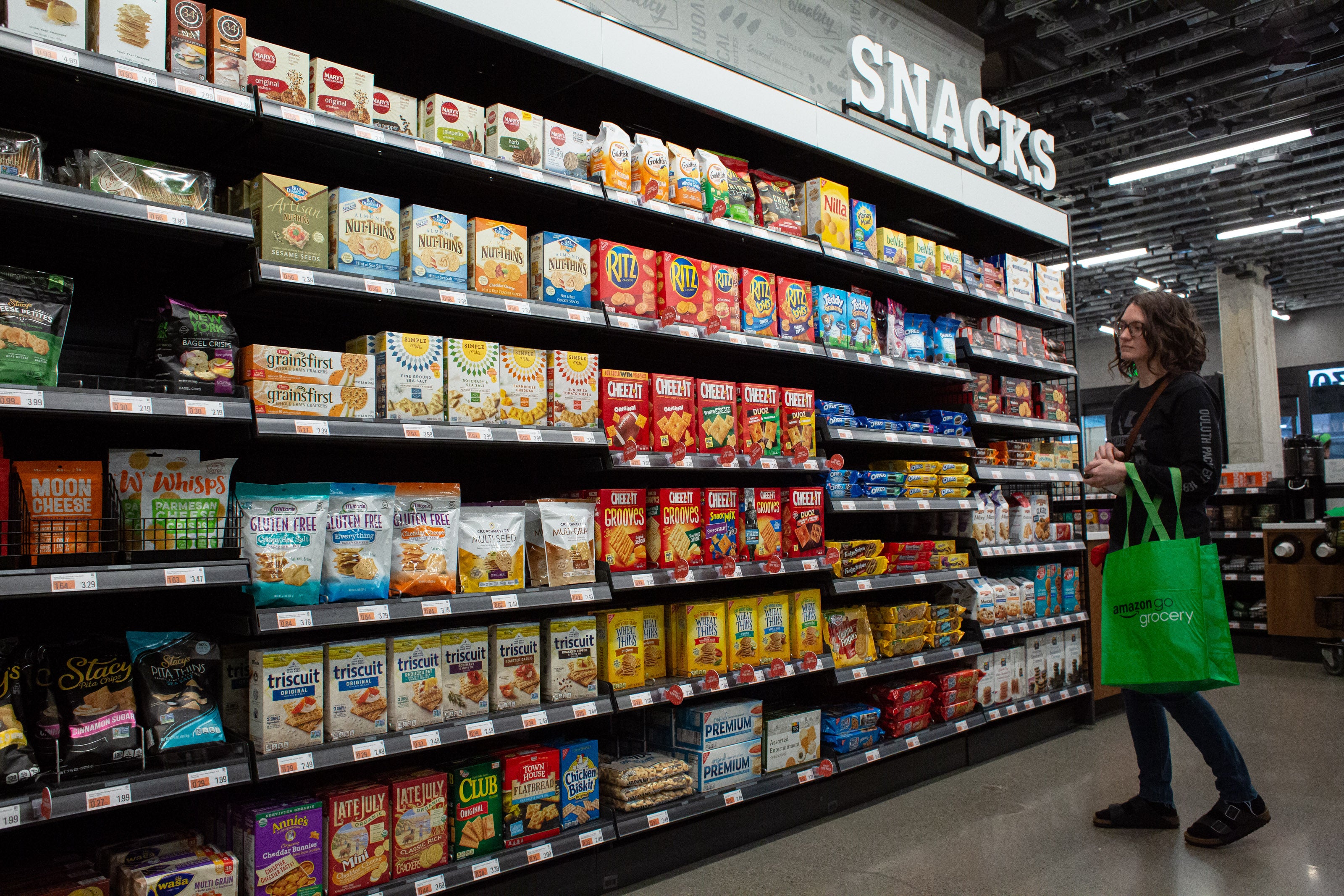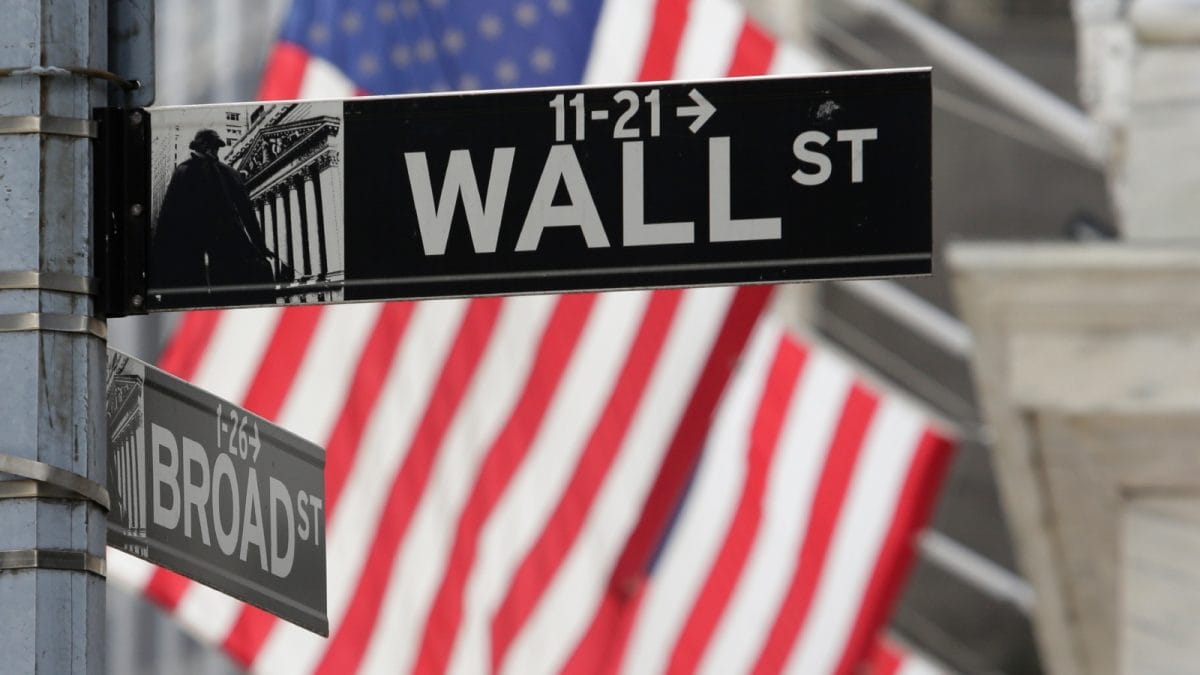
The markets are collapsing — how can you recession-proof your finances?
Global markets are in disarray since Trump’s inauguration, with stocks tumbling, then rising, then tumbling again after the latest tariffs news. Is it time to start panicking about the impending financial apocalypse?
In short, no. But it may just be time to start building a plan so that you are ready, should a recession happen.
That’s the advice of personal finance influencer Vivian Tu, better known as YourRichBFF. A former Wall Street trader, Tu now heads up her own financial education and advice company — and recommends we all take a deep breath.
“The word ‘recession’ almost sounds like a swear word. It’s so fear-inducing,” she tells The Independent. “And that is a normal feeling when things are going badly. However, first and foremost, we need to remember that a recession is a normal part of an economic cycle. There’s boom, bust periods, and then there’s the dip, and then the recessionary period.”
While a recession may not be as terrifying and scary as feared, she says, there are immediate things that consumers should be thinking about in case of unforeseen and more near-term challenges.
One thing is to make an emergency fund. In times of economic uncertainty Tu encourages people (if they are able) to set aside a larger emergency fund than normal. She recommends trying to set aside three to six months wages in a high-yield savings account to cover necessities such as rent, basic groceries, and other add-ons to make ends meet. Banks have Federal Deposit Insurance Corporation insurance, meaning if the bank collapses, your money (at least up to $250,000 of it) is protected by the government.
She does not recommend stashing it in cash, however.

“I’m certainly not stowing thousands upon thousands of dollars away in my home,” she tells The Independent. “One, because they’re getting eaten away by the cost of living and inflation, and two, they’re not protected in the same way that they would be in an entity. It’s okay to have a little bit in your house, but don’t start stuffing money under your mattress like grandma did.”
Such periods of economic uncertainty can also be ideal times for self-audits, Tu says. There’s no need to stop every purchase that brings you joy, but tightening the belt a bit is good practice.
Registering receipts from grocery shops on cash-back apps, which offer users the opportunity to earn money back on purchases by scanning receipts, linking credit cards, or shopping through their platforms, can also be a useful tool, even if it’s only saving $5-10 per shop.
“That adds up over time,” Tu says.

Another big drain on personal finances is personal debt. “It’s never great to have high interest rate debt, but it’s especially not good during a period like this, because you are going to feel the weight of those debt payments heavier on your wallet when there’s just less money to go around and things cost more,” Tu says.
“I always say, if you have high interest rate debt, make it a priority to pay that off. Anything above 7 percent you really want to get that paid down ASAP.”
Perhaps counter-intuitively, now may also be the time for investments. The confidence that markets will inevitably bounce back means that sensible inroads in a diversified portfolio while prices are low can ultimately come up trumps for consumers.
“The stock market is the only place where when things go on sale, people run,” Tu says. “Have you ever run from a sale at a department store? No. People love sales, except when it happens in the stock market.”
“If you do have the funds to be investing, right now is certainly one of the best times to do it.”
Above all, Tu says, now is the time for conversation and planning around what to do if worst does happen — whether that’s losing a job, draining your savings or seeing your investments collapse — avoiding what she calls “paralysis by analysis.”
“My hope is that these conversations sit on a shelf and collect dust and cobwebs. But if, in a couple months time, something that you discussed does happen, aren’t you going to be so happy that you at least have a crayon outline of what your plan might be?” she says.
“You’re going to make better decisions now out of a place of security and comfort than you do the day something bad happens. So make a plan, have the plan, and hope you never have to use the plan.”










